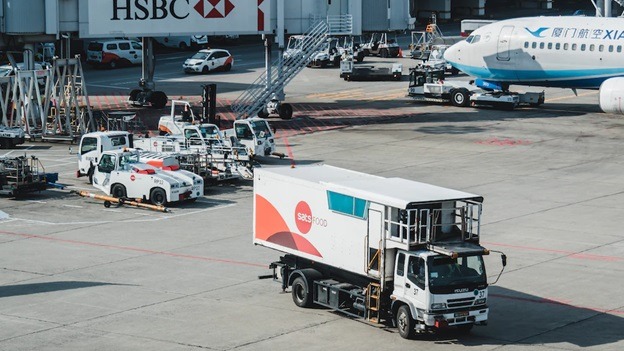Obtaining an HGV (Heavy Goods Vehicle) license can open up many career opportunities and provide numerous benefits. An HGV license allows individuals to drive vehicles over a certain weight, such as lorries, buses, and coaches. It requires specialized training and the passing of a practical and theory test.
This article will explore the benefits and career opportunities of obtaining an HGV license through HGV training.
Benefits of an HGV License
- Job security: The transportation and logistics industry is a vital part of the global economy and is expected to grow in the coming years. As a result, there is a high demand for qualified HGV drivers, providing job security for those with an HGV license.
- Competitive salary: HGV drivers can expect to earn a competitive salary, with the potential for overtime and bonuses. The average salary for an HGV driver in the UK is £31,600 annually.
- Flexibility: HGV drivers often can choose their schedule, with many companies offering flexible working arrangements. This can be particularly appealing to those who value a good work-life balance.
- Travel opportunities: HGV drivers can travel both within the UK and internationally, allowing them to see different parts of the world while earning a living.
- Personal development: Obtaining an HGV license requires dedication and hard work, and acquiring one can be personally rewarding. It can also lead to other personal and professional development opportunities within the transportation industry.
Career Opportunities with an HGV License
- Delivery driver: HGV drivers can work as delivery drivers for companies such as Amazon or DHL, delivering packages to homes and businesses.
- Bus or coach driver: HGV drivers with a passenger-carrying endorsement can work as bus or coach drivers, transporting passengers locally or on long-distance journeys.
- Lorry driver: HGV drivers can work as lorry drivers, transporting goods and materials locally or internationally.
- Heavy plant operator: HGV drivers with the appropriate endorsements can operate heavy plant machinery such as bulldozers, excavators, and cranes.
- Freight forwarder: HGV drivers with knowledge of the transportation industry and logistics can work as freight forwarders, coordinating the movement of goods internationally.
Legal Requirements for HGV Drivers in the UK
Licensing requirements
HGV drivers must hold a valid HGV license to operate their vehicles. To obtain an HGV license, drivers must pass a series of tests, including theory and practical driving tests. The theory test covers subjects such as vehicle safety, driver hours, and the highway code. The practical driving test assesses the driver’s ability to operate an HGV safely and includes both on-road and off-road elements.
In addition to a standard HGV license, some drivers may be required to hold additional endorsements, such as a Driver Certificate of Professional Competence (CPC). The CPC is a qualification that demonstrates a driver’s knowledge of professional driving standards and is required for drivers who drive for a living.
Medical requirements
HGV drivers must meet certain medical standards to operate their vehicles. These standards are set by the Driver and Vehicle Standards Agency (DVSA) and are designed to ensure that drivers are physically and mentally fit to drive.
HGV drivers must pass a medical examination every five years or more frequently if they have certain medical conditions. The medical examination includes a vision test, hearing test, and assessment of the driver’s physical and mental health.
Driver hours and rest periods
HGV drivers are subject to strict rules regarding the number of hours they can drive and the amount of rest they must take. These rules are designed to prevent driver fatigue, which can lead to accidents.
HGV drivers must record their driving hours, known as a tachograph, which records the amount of time they spend driving, resting, and working. Drivers are limited to driving a maximum of nine hours per day and must take a break of at least 45 minutes after four and a half hours. In addition, drivers must take a daily rest period of at least 11 hours and a weekly rest period of at least 45 hours.
Vehicle maintenance and safety
HGV drivers ensure that their vehicles are maintained in good working order and are safe to operate. This includes regularly checking the vehicle’s tires, brakes, lights, and other safety-critical components. Drivers must also ensure that the vehicle is loaded safely and securely, distributed evenly and not exceeding the maximum weight limit.
HGV drivers must also carry out daily checks on their vehicles before taking a journey. These checks are designed to identify any issues affecting the vehicle’s safety, such as fluid leaks or faulty equipment.
Conclusion
Obtaining an HGV license can provide numerous benefits and career opportunities in the transportation and logistics industry. It is a valuable asset that can lead to job security, a competitive salary, and the chance to travel and see different parts of the world. Whether you are interested in delivery driving, operating heavy plant machinery, or coordinating the movement of goods internationally, an HGV license can open doors to many rewarding career paths.



